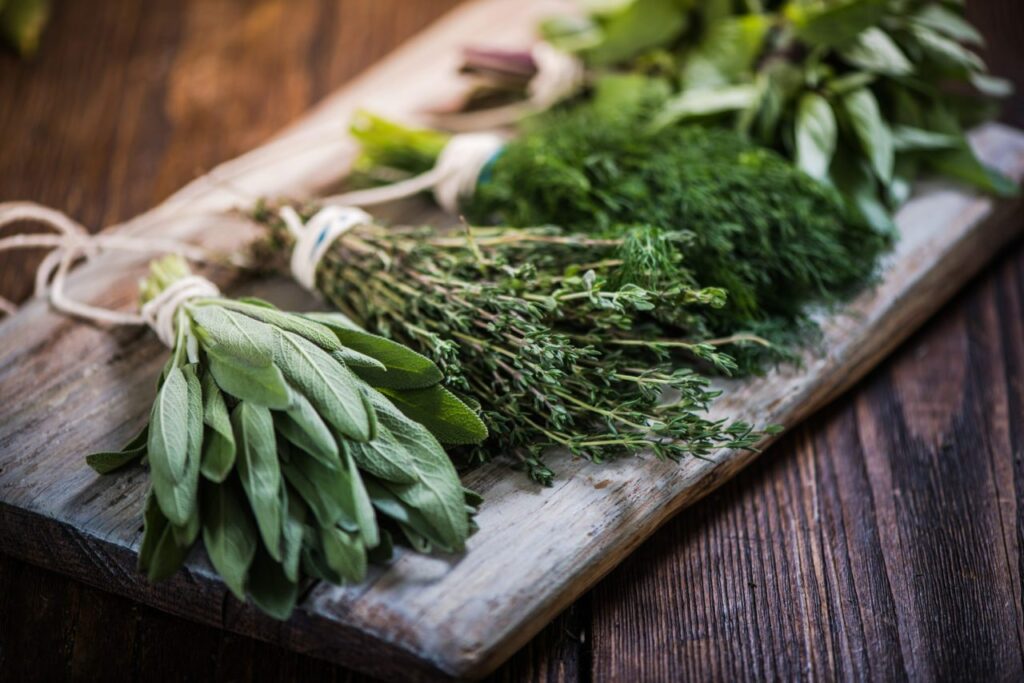Plant Peptide May be the Key to Fighting Plaque

As a natural dentist near me, the team at McGinty Dental Group understands that traditional medicinal plant extracts that possess an anti-bacterial and anti-adherence properties can play an important role in the proper maintenance of our oral health. Now, a new clinical trial study has reveal that a combination of the plant product extract Salvadora persica (Sp) and green tea can decrease plaque formation when used as a mouthwash twice a day.
Early testing has found that this type of mouthwash can successfully prevent the formation of plaque on tooth enamel for a 24-hour period. If used daily, this could provide a way for the eradication of plaque and successfully lower our risk of tooth decay.
The Dangers of Plaque Formation
Oral plaque – a sticky bacterial biofilm that builds up on the surface of soft and hard oral tissues – is the root cause for oral diseases such as tooth decay and gum disease, and ranks as a global concern. Fortunately, brushing and flossing daily eliminates plaque from the surface of your teeth and gums, thereby lowering your risk for these types of oral health problems.
Plaque ranks as the primary contributor to oral inflammation, which can cause gum tissue to become inflamed, irritated, and vulnerable to diseases like gingivitis and periodontitis. Chemical treatments to fight plaque such as Chlorhexidine have shown success in the past at combating the plaque buildup but have also resulted in complications related to tooth staining, change of taste, and the hardening of existing plaque.
In an effort to overcome these unwanted side effects, researchers began exploring the use of traditional medicinal plant extracts like Sp that had been previously used in fighting plaque formation, as they have shown the ability to significantly reduce primary plaque microbial colonizer with their anti-bacterial properties. Additionally, green tea extracts have also been used in fighting plaque buildup with some recent studies having found the tea to contain significant impact on periodontal treatments.
To test how these two compounds could be combined, researchers from the University of Malaya, Malaysia conducted a randomized trial. The study sought to study how combining the plant extract with green tea could reduce plaque biofilms when compared to a control group. Researchers discovered that by combining the green tea and Sp compounds they were able to produce a significant antibacterial and anti-adherence effect on plaque.
Study Results
As part of the study, researchers conducted a randomized, double-blinded trial that examined a 24-hour period of plaque formation following the use of the green tea/Sp oral rinse. The participants in the study all enjoy good oral health and ranged in age between 25 to 40 years.
On the day of the study, the participants received an oral cleaning and were then asked to rinse with the mouthwash compound. After a 24-hour period, the amount of dental plaque buildup was recorded for each participant using a standard scale. The study participants were then asked to continue using the mouthwash for the next week while continuing to brush and floss as normal.
After the week had concluded, researchers once again tested the participants to determine what effect the mouthwash may have had. They concluded that the group using the mouthwash showed significantly lower scores of plaque buildup when compared to both the placebo and control groups.
A Better Way to Protect Your Oral Health
As a biological dentist in Denver, our team at McGinty Dental Group is greatly encouraged by the results of these types of studies.
Traditional mouthwashes that contain alcohol actually serve to potentially cause more harm to an individual’s oral health than good. That’s because alcohol dries out the mouth, making it more likely that harmful oral bacteria can cause more damage than if the mouthwash was never used.
As a natural remedy containing plant extracts and tea, this type of treatment could provide a way for patients everywhere to successfully improve their long-term oral health without the use of artificial chemicals that could have unintended consequences.
